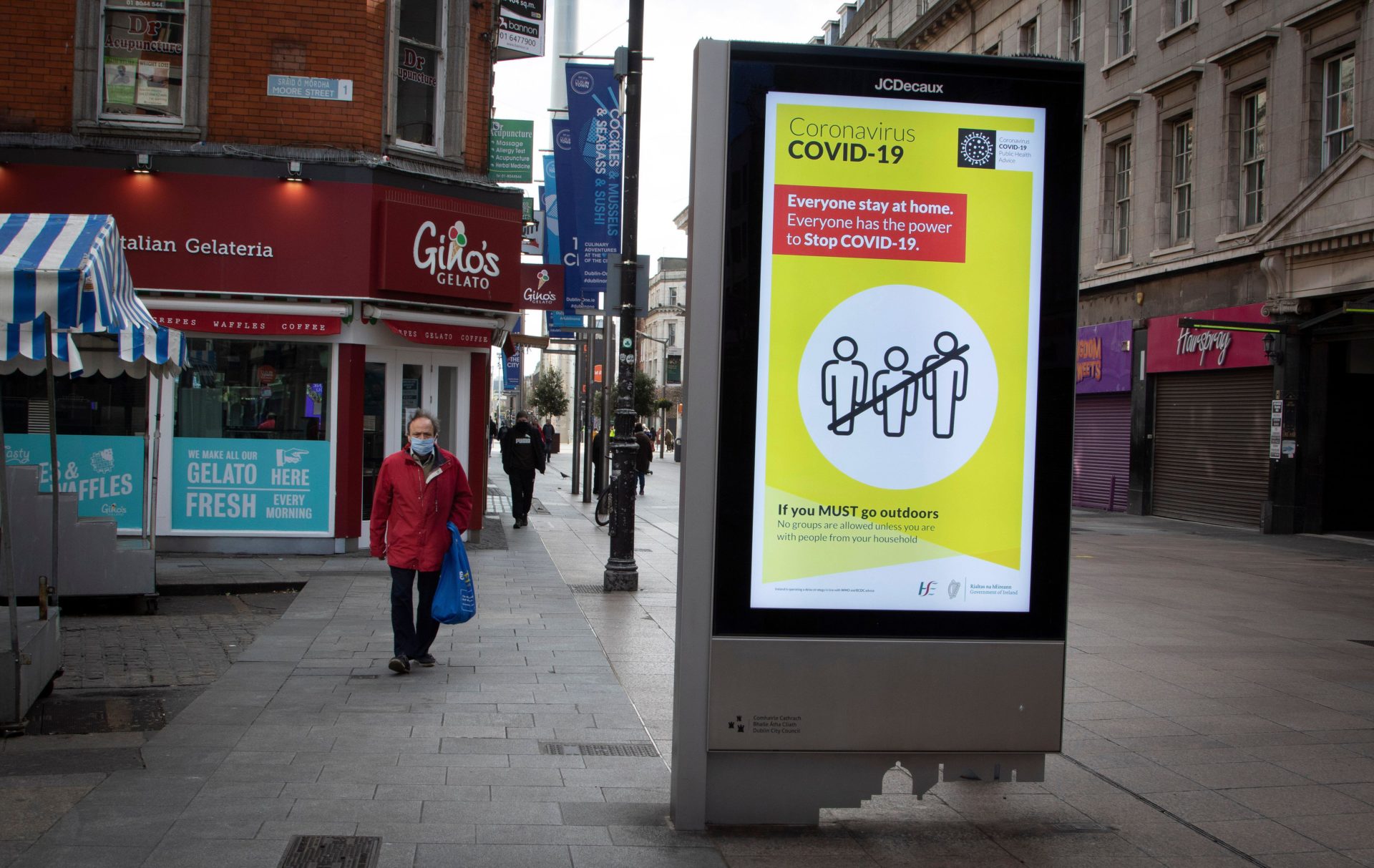By Robert Molloy – The Irish Channel
The appointment of Robert F. Kennedy Jr. as the U.S. Secretary of Health and Human Services (HHS) signals a potential paradigm shift in the USA’s approach to public health, particularly concerning pharmaceutical oversight and vaccine policy. Among the many pressing issues facing his new department, one stands out as paramount for restoring faith in our institutions: a comprehensive public inquiry into “The Pfizer Papers.”
What are “The Pfizer Papers.”
This collection of internal Pfizer reports, based on the raw clinical trial data for Pfizer’s COVID-19 vaccine, has sparked intense debate and unearthed concerns that, left unaddressed, will continue to erode the public’s confidence in the very systems designed to protect them.
At the heart of the matter is Pfizer’s initial resistance to the full disclosure of its clinical trial data. It took a federal court order and significant public pressure to compel the FDA to release hundreds of thousands of pages of documents that underpinned the vaccine’s approval. The FDA’s initial request for a 75-year timeline for full disclosure, regardless of its stated reasons, created an impression of obfuscation – a deliberate attempt to delay or obscure information. In a democracy that prides itself on transparency, such actions, whether intended or not, inevitably breed suspicion. The public cannot be expected to trust decisions made behind a veil of secrecy, especially when those decisions impact their fundamental health and freedoms.
Adding to this distrust is Pfizer’s deeply problematic criminal history. This is not a company with an unblemished record; it is one that has paid billions in fines for illegal marketing, off-label promotion, and kickbacks to healthcare providers. The $2.3 billion settlement in 2009 for promoting unapproved uses of drugs like Bextra serves as a stark reminder of past transgressions where profit was prioritized over ethical conduct and patient safety. When such a company is involved in a product as globally significant and mandated as a COVID-19 vaccine, its past conduct casts a long shadow. For many, this history fuels a legitimate skepticism about the integrity of its clinical trials and the information it presents to regulatory bodies. Without a thorough, independent review, these historical precedents will continue to undermine any claims of full transparency or unwavering commitment to public health.
The “Pfizer Papers” themselves, as interpreted by a claimed 3,000 independent medical and scientific analysts, raise specific and alarming questions. While these interpretations have been widely disputed by mainstream scientific bodies, the sheer volume of “experts” involved and the nature of their findings – questioning everything from trial methodology to adverse event reporting – cannot simply be ignored. Dismissing these concerns out of hand only entrenches skepticism. It fosters an environment where those who question are labeled as “anti-science,” rather than as citizens seeking answers from a system they increasingly distrust.
This brings us to the most critical point: the urgent need to restore faith in the system. Public health initiatives, especially vaccination campaigns, rely fundamentally on trust between the public, pharmaceutical companies, and regulatory agencies. When that trust is fractured by perceived obfuscation, historical misconduct, and unanswered questions, it compromises the effectiveness of future health responses. A public inquiry, led by Secretary Kennedy Jr., would serve as a powerful signal that the government is committed to an unprecedented level of transparency and accountability. It would provide a platform for all concerns to be heard, data to be rigorously re-examined, and conclusions to be drawn in an open forum, rather than behind closed doors.
Such an inquiry is not about validating every claim within “The Pfizer Papers,” but about acknowledging the deep concerns that have arisen, subjecting all data and processes to rigorous public scrutiny, and ultimately, rebuilding the essential bridge of trust between the American people and their health institutions. Without this critical step, the divisions and distrust that emerged during the pandemic will only deepen, leaving our nation vulnerable to future health crises and fractured by suspicion. Secretary Kennedy Jr. has a unique opportunity to champion this transparency and begin the vital work of healing a wounded public trust.

